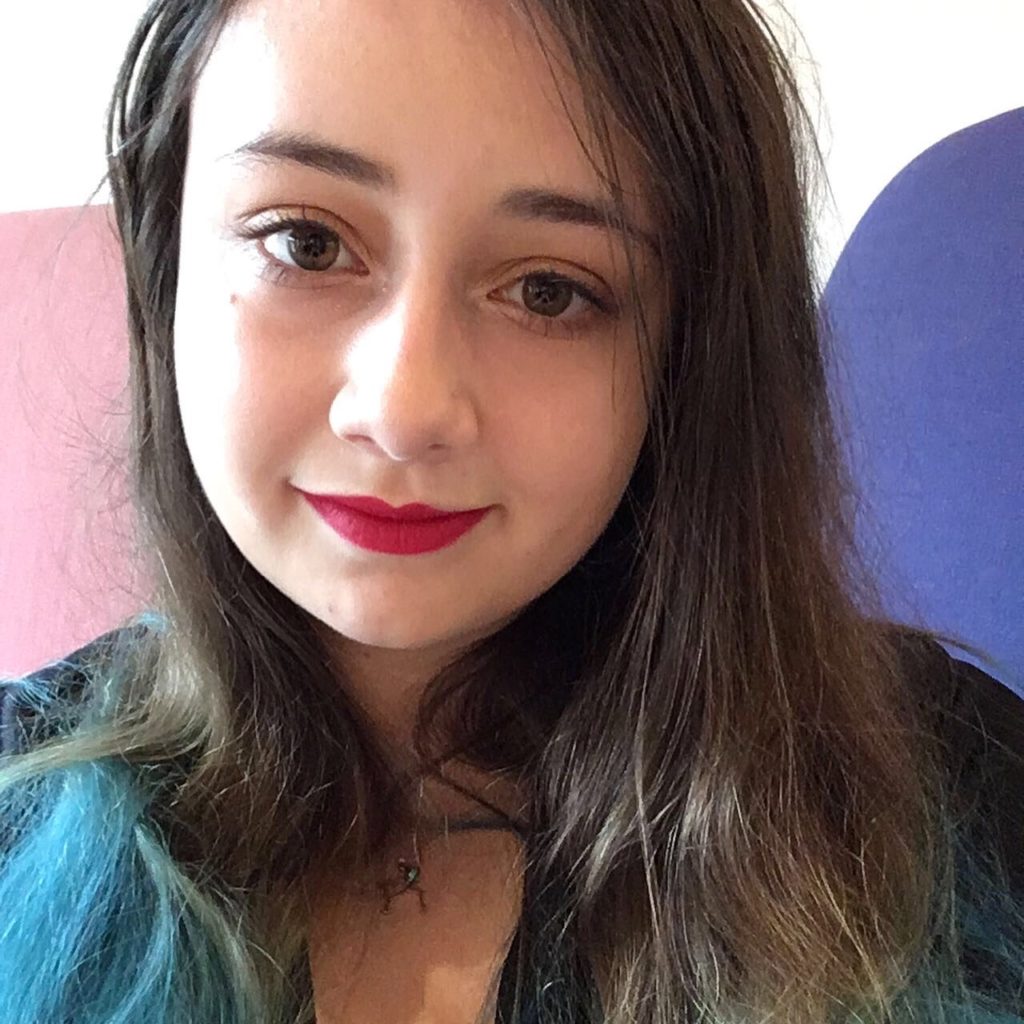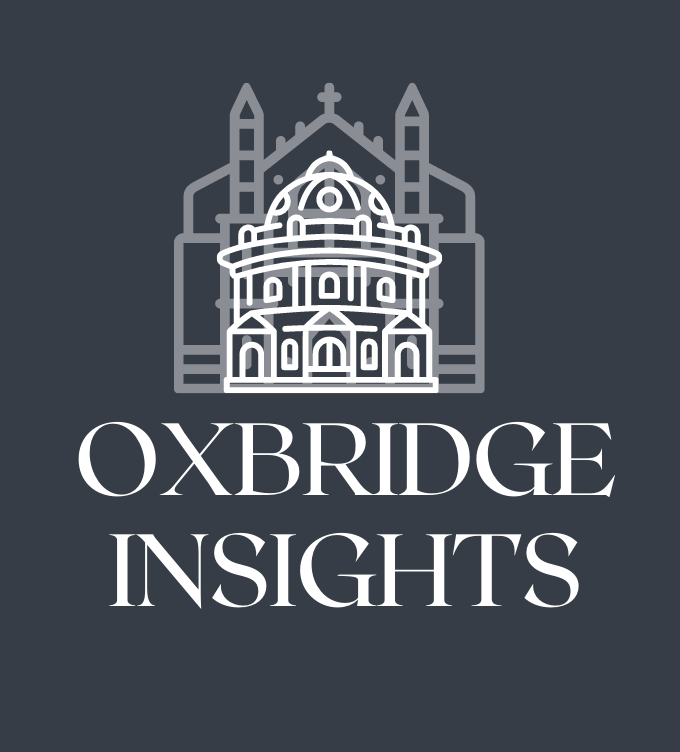
Hi, I’m Anna and I’m an archaeologist at Newnham College. I chose to study archaeology because I was interested in the history of Pre-Columbian societies not covered in typical history degrees, like the Aztecs, Inca and Maya. Archaeology covers all of human history, which means we mainly examine societies from the sites and objects that survive, although historical archaeology, including texts, is also super important. Even though societies like the Maya have fully fledged writing systems, they still aren’t present in many history degrees – this is partly because we do know a bit more about these societies from their objects and art, but also a result of racism – the amount of people who have reflexively said to me that the Americas don’t have history before colonialism is infuriating!
The archaeology course at Cambridge isn’t just archaeology, however. There are four ‘tracks’ in the Archaeology Tripos, which you can take alone or combine with another. These tracks are Archaeology, Biological Anthropology, Egyptology, and Assyriology. Biological anthropology, bio anth for short, is the study of humans – past and present – with a biological focus, so it includes topics like evolution, genetics and primatology. Egyptology and Assyriology both are region-specific, looking at the history of Ancient Egypt and Mesopotamia, respectively – they include the study of the ancient languages and writing systems as well as the archaeological side of things.
You pick a track, or combination, when you go into second year – first year has no required modules and you can pick any which you’re interested in, although different tracks have module requirements, so if you didn’t do it in first year you have to do it in second year. I am on the Archaeology single track now, but in first year I also learnt Egyptian hieroglyphics! Second and third year do have ‘core’ required modules for each track, as well as a ton of free choice modules from all tracks, which second and third years both take together (some alternate, so you have one chance to take a specific module over the two years). In all years, you can ‘borrow’ a module from Human, Social, and Political Sciences, or Psychology, so for example, a first year could take an intro to politics or psychology.
In first year I took World Archaeology, Archaeology Theory and Methods, Interdisciplinary Studies (archaeology, social anth and bio anth), and Middle Egyptian. In second year, I am taking the two compulsory second year modules, an archaeological theory module and statistics module (if you hate maths like me, I promise it’s less mathsy than it sounds!), and I had two free module options – I chose the Archaeology of Africa and the Archaeology of the Indus. In third year, you have to do another theory module and a dissertation, but you have two free choices again.
My typical week has at least 2 contact hours for each subject – these can be lectures, practicals, or seminars – this year that’s a lecture in each topic, seminars for Africa, Indus, and theory, and a statistics practical. Then I will usually have one supervision, sometimes two – each module usually has 2-3 supervisions a term, so sometimes they fall in the same week. The work in advance is an essay for all subjects except my statistics module this year – we mainly do a coding exercise in advance and go through it in the supervision.
I love the Cambridge course because of how specialised I could be, and just focus on regions I was interested in. I also chose it because it had coverage of the archaeology of the Americas, which few courses do – that hasn’t quite worked out due to staff changes, but the Indus is so interesting and I’d never have taken it otherwise. There’s also been great chances to get involved with archaeology at an extra-curricular level too – there’s a lot of talks hosted by the department, and a student archaeology society, the Archaeological Field Club.
I am the first person in my family to go to university, so applying was a very unfamiliar process – I knew I wanted to go to university, but I didn’t really know what university was like. I went on some access schemes at Cambridge and UCL – summer schools and a shadowing scheme – which definitely gave me more confidence around applying, and how to prepare for a supervision. I put both on my personal statement – although these experiences are enriching on their own, if it convinced you to do something as a result, like doing extra reading, that is a great thing to mention in your statement.
The advice I received which I still think is most helpful is chronicling your journey with your subject, and how these things led onto the next. This is quite key for archaeology – almost nobody studies archaeology at school, so what made you choose it? For me, it was some documentaries on the BBC, for a lot of bio anth students, it was watching the TV show Bones – your inspiration doesn’t need to be high-brow!! I then linked that documentary to readings and opportunities I had. With the pandemic, it might seem hard to get things like excavation experience, or work experience, or even going to a museum exhibition, but these aren’t expected – you can just have read and watched some YouTube videos. After all, you’re not expected to have any pre-existing knowledge for most archaeology degrees, and anything to do with archaeology will be a ‘super-curricular’ which you did in your own time!
If you’re able, taking initiative with opportunities can make you stand out on a personal statement – I emailed the creator of the documentaries that inspired me, and he offered to meet and gave me some amazing advice; I went on a youth volunteer programme at a museum, and asking about how I could stay involved led to me getting a competitive work experience placement.
My interviews and at-interview assessment were a mixed bag. The exam is quite interesting, it is usually responding to an extract, because again, you’re not expected to know anything! It’s just a test of how you write, and questions are often quite broad. At my college, they typically do a ‘general’ and ‘subject’ interview, but Newnham’s Admissions Tutor (also the University’s Admissions Tutor), who does the ‘general’ interview, is also an archaeologist! So, I had two archaeology interviews, which test whether you seem like you’d benefit from supervisions, and whether you ‘think like an archaeologist’. Without saying specifics, both involved being presented some artefacts and answering questions about them, then discussing my personal statement a bit. My main tips would be vocalising your thought process, being honestly enthusiastic (if you think an object they show is cool, say so!), and having some things you didn’t mention in your personal statement up your sleeve. In both, I was asked questions that were designed for me to bring up things I had done since applying – I panicked in the first, but in the second I spoke about an exhibition I went to the week before. I would also be ready to say why you chose your subject, but also, don’t panic if it doesn’t sound articulate or if they question you about it further – at the end of my interviews I asked why they had chosen archaeology and one just said ‘dinosaurs’.
Ultimately, if you don’t end up at Cambridge, archaeology is a great subject to study at a ton of universities – if you’re interested in doing social anthropology too, Oxford and a lot of other unis do joint degrees. Specific modules vary a lot at different universities, so if you’re dead set on a particular specialism, definitely check that out when applying. My insurance choice was UCL, and I know I’d be just as happy there as here – it’s a real archaeology powerhouse!
